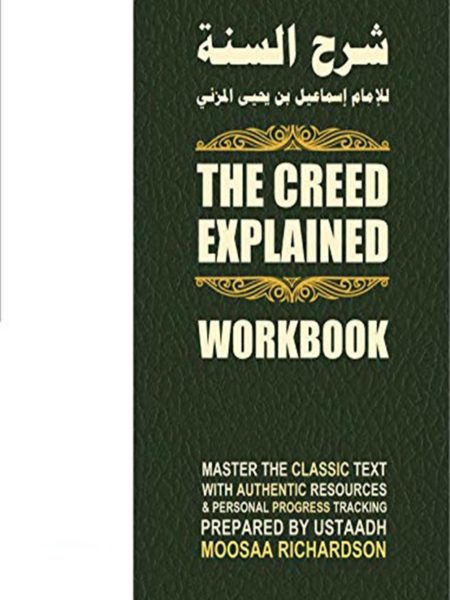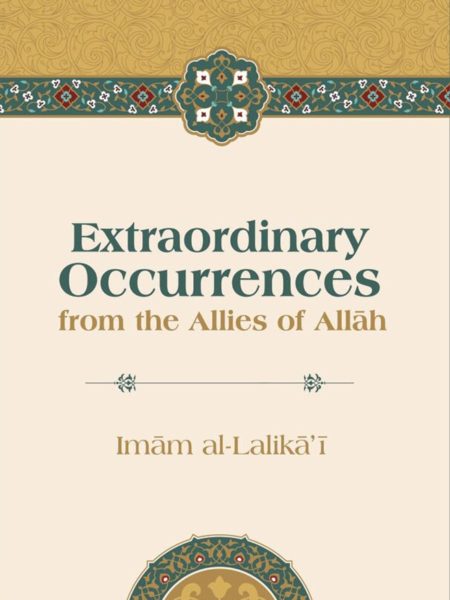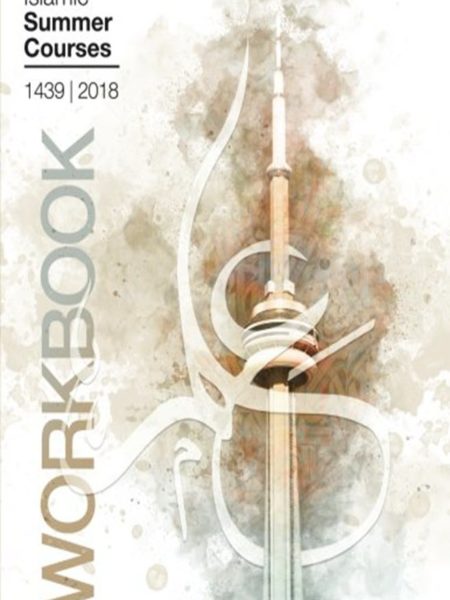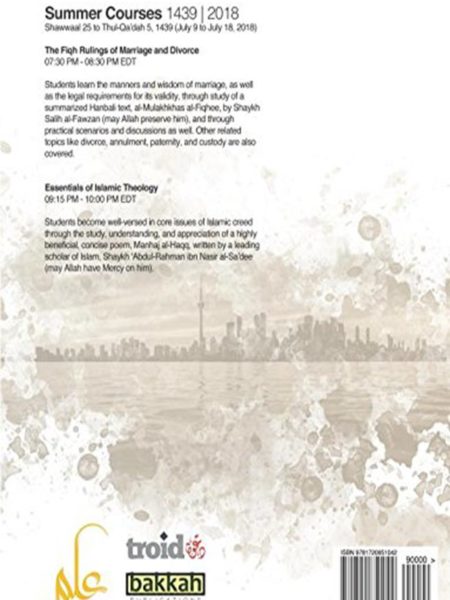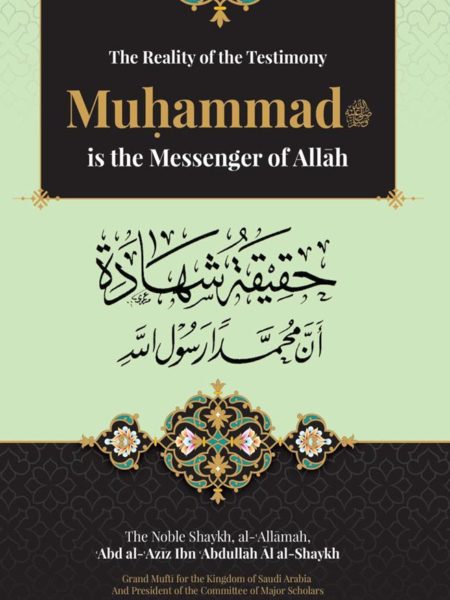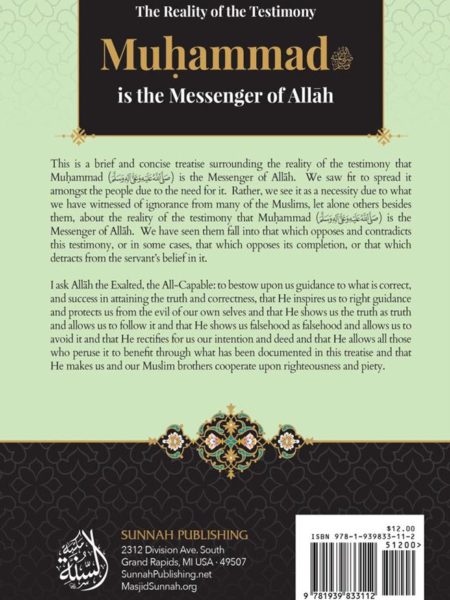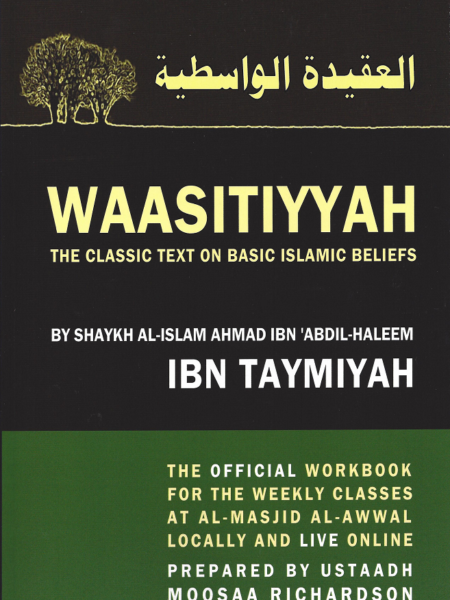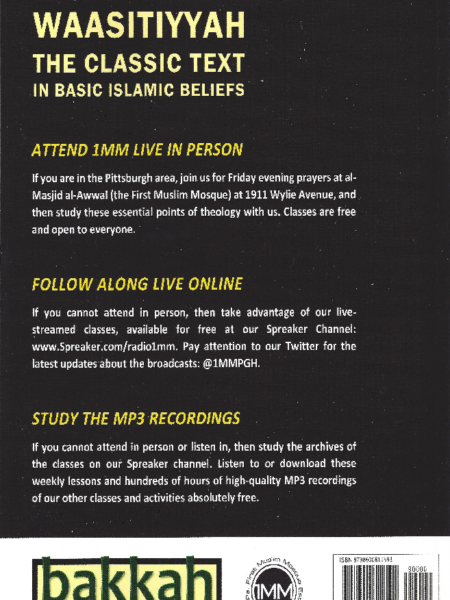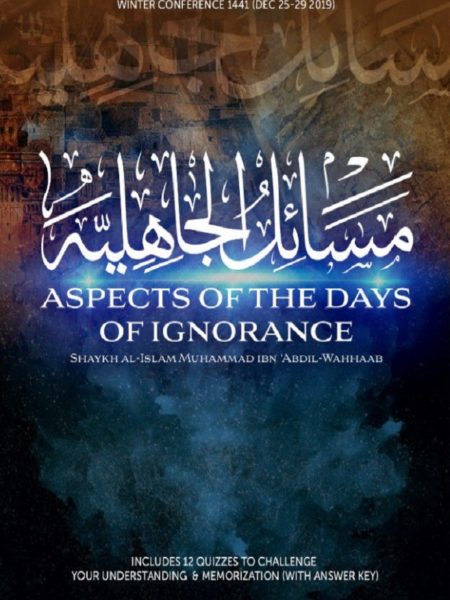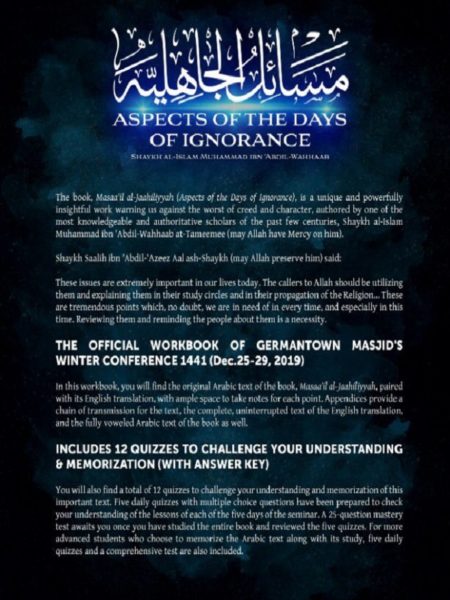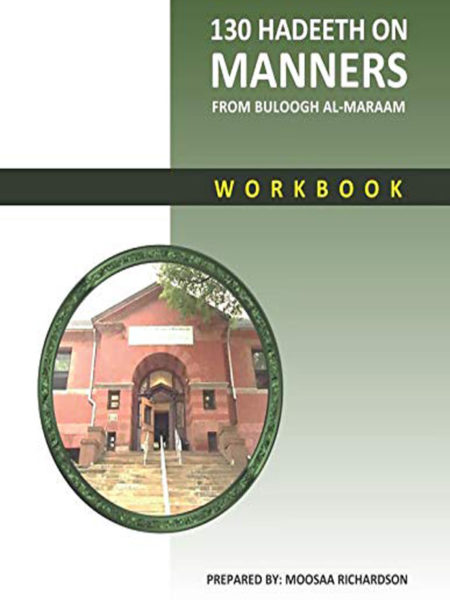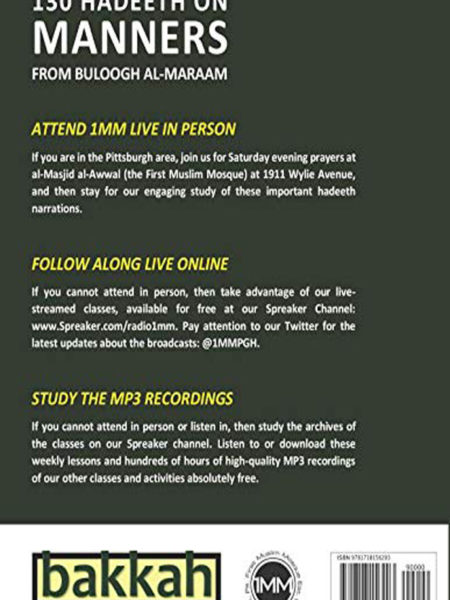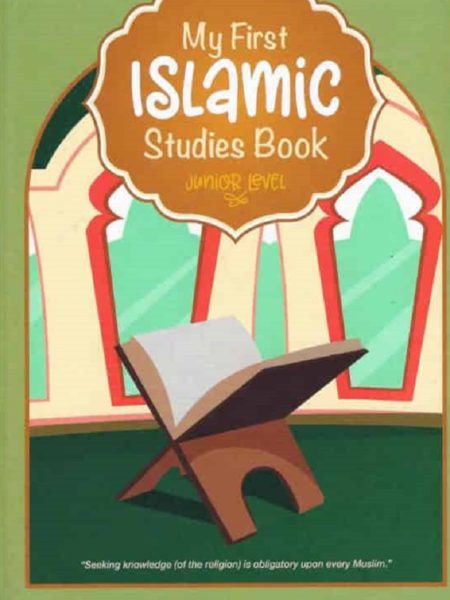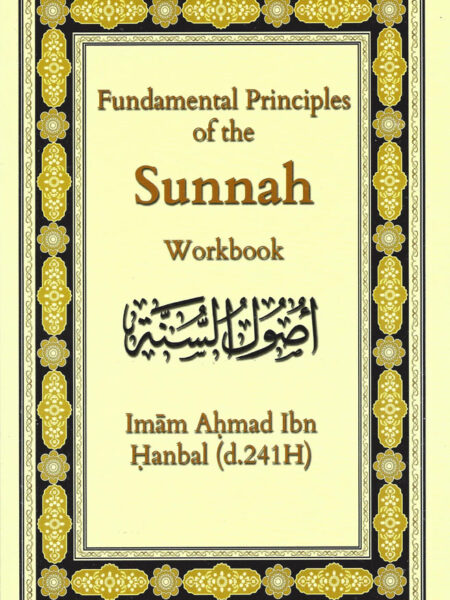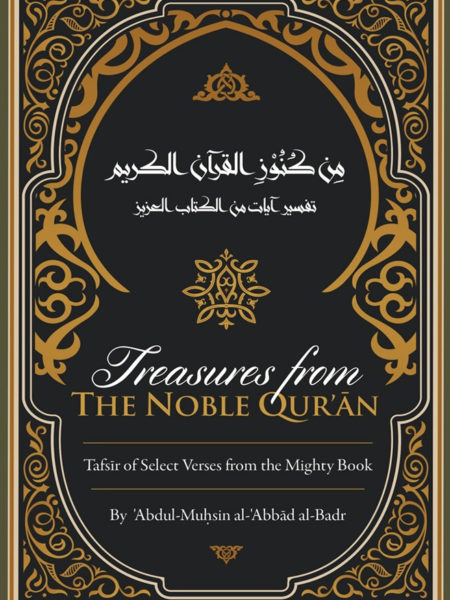-
-
NOT for independent self-study, this workbook is based on the classic text, Sharh as-Sunnah, by Aboo Ibraaheem Ismaa’eel ibn Yahyaa al-Muzani (d.264). Currently, this text is being studied at Masjid Ibn Baaz in South Philadelphia (USA) under Shaykh Hamzah ‘Abdur-Razzaaq (may Allah bless and preserve him).
-
Imām al-Lālikā’ī narrates extraordinary events that occurred at the hands of the Allies of Allāh from the previous nations, the companions, and the second and third generations
-
If a sick person went to the doctor for treatment and was advised to avoid certain delicious foods to preserve his health, he would believe the doctor and comply with the doctor’s orders.
-
-
-
-
-
WAASITIYYAH: The Classic Text on Basic Islamic Beliefs
The official workbook for Friday night classes at al-Masjid al-Awwal in Pittsburgh, and everywhere else through our online broadcasts. These classes are broadcast live for free. Then, high quality edited MP3 recordings replace the live versions, and you can download and listen at your convenience, in shaa’ Allah, from this link: https://www.spreaker.com/show/waasitiyyah-basic-muslim-creed
This workbook includes the fully-voweled Arabic text of Waasitiyyah and its English translation by Moosaa Richardson, split up over 100 lessons, a complete Arabic manuscript of the text, an isnaad (chain of transmission) back to Shaykh al-Islam Ibn Taymiyah, as well as the complete uninterrupted text of Waasitiyyah, the Arabic original, as wall as the English translation.
-
NOT for independent self-study, this workbook is your companion for the upcoming Winter Seminar at the Germantown Masjid in Philadelphia, Dec.25-29, 2019, in shaa’ Allah.
The book, Masaa’il al-Jaahiliyyah, is a unique and powerfully insightful work warning against the worst traits of the days of ignorance, authored by one of the most knowledgeable and authoritative scholars of the past few centuries, Shaykh al-Islam Muhammad ibn ‘Abdil-Wahhaab at-Tameemee (may Allah have Mercy on him).
Shaykh Saalih ibn ‘Abdil-‘Azeez Aal ash-Shaykh (may Allah preserve him) said, “These are tremendous points which, no doubt, we are in need of in every time, and especially in this time. Reviewing them and reminding the people about them is a necessity.”
-
-
Islam gives great care and attention to seeking knowledge with the first verse to be revealed commanding to Read. It is the responsibility of every parent to ensure that their children are raised upon the correct Islamic teachings.
-
-
-
A Comprehensive Guide for the New Muslim
Important lessons to help the new Muslim correctly practice Islam
Prepared by Abu Suhayl Anwar Wright HafidahullaahThis is a very beneficial book for the new Muslim, as it introduces a number of important subjects in a very simple and concise fashion.
The author is a graduate from the Islamic University of Madinah and an Islamic teacher in Philadelphia, PA, U.S.A.
This work will definitely aid the new Muslims, whether male or female, on their journey to learn more about the beautiful religion of Islam.
-
Cart


